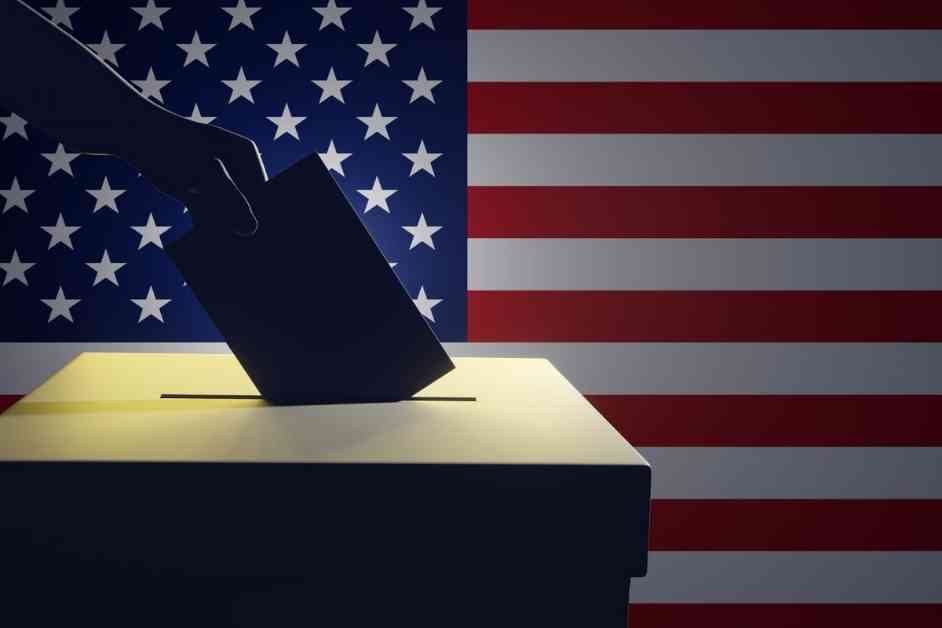As the U.S. presidential election approaches, there is a growing concern about the spread of rumors and misinformation. Experts are warning about false claims that may arise, such as allegations of mass voting by noncitizens or reports of suspicious activities at polling locations. It is crucial to be vigilant and counter these rumors quickly to ensure the integrity of the election process.
Researchers at the University of Washington’s Center for an Informed Public have been monitoring social media platforms to track the spread of rumors across both Democratic and Republican networks. They have observed how rumors evolve and combine with existing narratives to create misleading stories. By understanding these patterns, experts can anticipate the types of rumors that may emerge as Election Day approaches.
One common theme in this election is false allegations of widespread voting by noncitizens. Videos circulating on platforms like Tiktok and Instagram claim to show noncitizens admitting to voting, but many of these videos are edited selectively or contain inaccurate information. It is important to be critical of such content and verify the facts before sharing.
Additionally, there have been reports of errors in election administration, such as ballot design mistakes or mailing issues. While these errors are often unintentional, they can be exploited to spread misinformation about the election process. It is essential to fact-check information and not jump to conclusions based on isolated incidents.
During the vote-counting period, there may be claims of suspicious activities or objects at polling locations. Photos or videos showing alleged wrongdoing should be scrutinized carefully to avoid falling for false narratives. By staying informed and questioning the information we encounter, we can help combat the spread of rumors and disinformation.
It is crucial for election officials, journalists, and citizens to work together to address misinformation and ensure the integrity of the electoral process. By staying vigilant and being critical of the information we consume, we can help protect the democratic principles that underpin our society.




